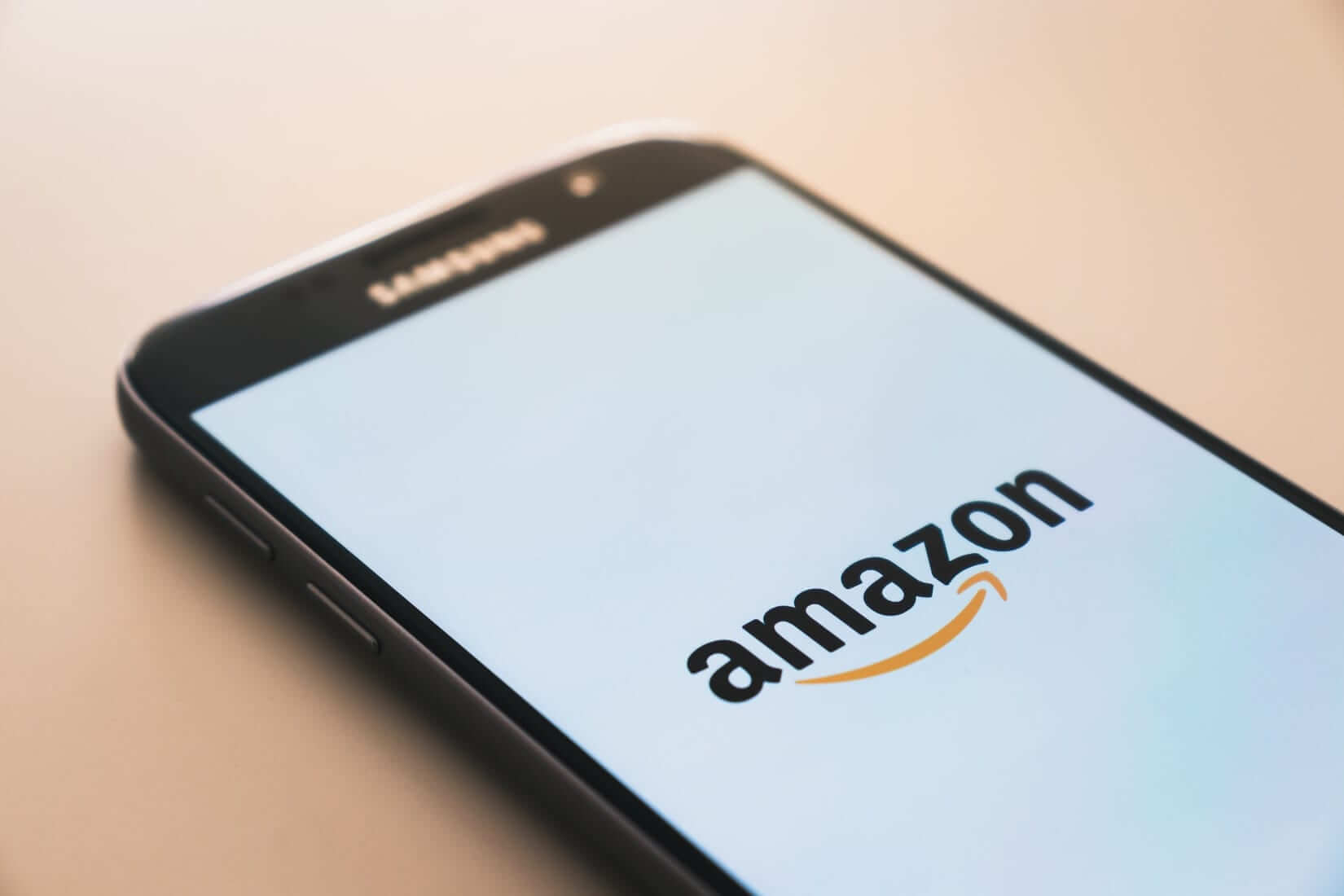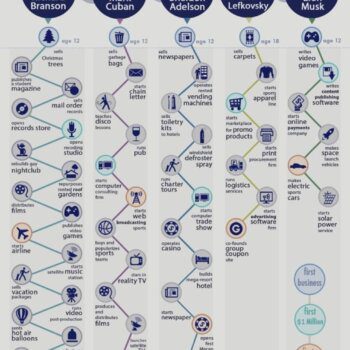It’s no surprise that advertising is becoming one of Amazon’s biggest revenue earners: from being practically irrelevant just a few years ago, this year could see it reach $10 billion this year, and is expected to quadruple by 2023. The e-commerce giant is also the leading advertiser in the United States, spending around $6.9 billion annually.
However, as an article in Debugger, “Amazon’s growing ad business could forever change tech”, points out, there is a big difference between Amazon and other tech giants such as Google or Facebook: advertising revenues at Amazon, despite growing, represent a tiny percentage of its total turnover, compared to Google or Facebook’s 84% and 98.5% respectively.
If Amazon, which does not depend on advertising, is already enjoying similar growth in a year where digital already exceeds traditional advertising, what does that say about its future? Firstly, that it can be much more aggressive about its rates, since in addition to not depending on it to balance its books, the company typically charges commission for sales on its platform.
Could Amazon eventually eclipse Google or Facebook, which have long dominated the online advertising scene? Obviously, in terms of brand awareness or recall, marketing certain types of products or services, advertising where the user is expected to buy the product is a very different kettle of fish. But in reality, unlike companies that live almost exclusively from advertising, Amazon charges twice: once at the beginning of the process, as a commission for the advertising campaign: a small amount, because what really interests Amazon, as well as the advertiser, is that this advertising is converted into sales, and another at the end, of between 6% and 20% for the sale of the product as such.
The implications of Amazon’s model are potentially enormous. The company accounts for about 40% of all e-commerce in the United States, although in some specific categories such as batteries, kitchenware, do-it-yourself, golf, and cosmetics, it exceeds 90%. Since its advertising is conceptually attached to the place where the sale takes place and the company wants that sale to take place, we can expect more and more advertisers, who see its potential, to be interested in it, while the efficiency of hyper-segmented advertising on Google or Facebook is now in doubt, considered by many as the next big bubble, and threatened by the progressive restrictions on personal information captureposed by devices and browsers from companies such as Apple.
From the user’s point of view, Amazon takes a relatively pragmatic interest in our transactional, non-personal data: Amazon wants to know what we buy and what we can buy on its platform. The company, in principle, does not care what we think, what we read, how we vote or who are friends are: it simply wants us to buy at its store, and so manages the advertising of what it thinks we might be interested in buying. The comparison, in terms of threat to our privacy, is obvious.
Advertising, contrary to what some people think, is not a zero-sum game in which a certain amount of money is distributed through a series of media. A large part of the success of companies such as Google or Facebook is precisely due to their ability to break down the barriers to entry into the advertising ecosystem and allow many companies to start advertising for the first time, as is the case with a large number of small- and medium-sized businesses. In the case of Amazon, the potential value proposition for these companies could be even greater.
Could Amazon’s advertising growth threaten Google or Facebook? While Google or Facebook have been busy building a huge advertising platform and have more or less succeeded in building an e-commerce platform around it, Amazon has taken the opposite route: it built an enormously successful e-commerce platform, and is now creating a system so that the participants in it can pay to highlight their products. Could such an advertising ecosystem, built around the point of sale and bringing the user closer to the final click that puts the product in the cart, offer a healthier, more sensible and less frustrating user experience?
About the Author
This article was written by Enrique Dans, professor of Innovation at IE Business School and blogger at enriquedans.com.





























